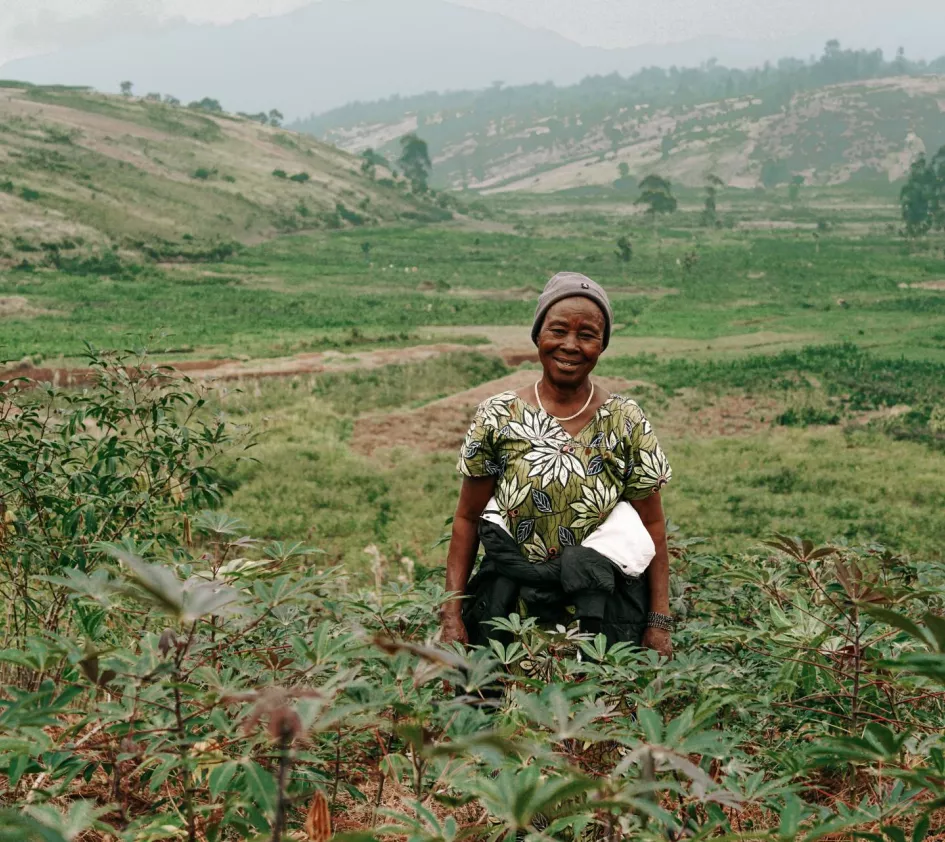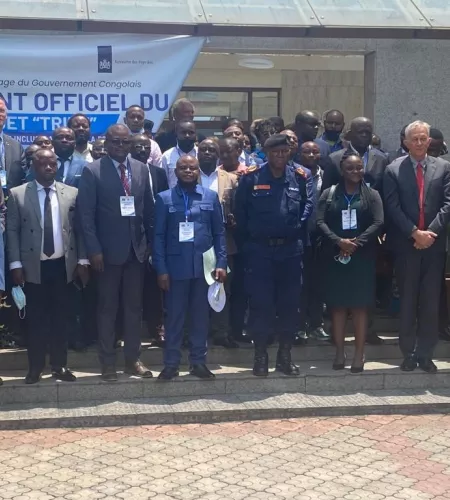Representatives of North and South Kivu governments gathered in the Linda hotel in Goma made reference to the long history of collaboration between DRC and the Kingdom of Netherlands. They called for continued practical improvements in people's lives through the development of the local economy, without which peace cannot be effective in Eastern DRC.
Lasting change starts at household level
In his speech, his excellence the Netherlands Ambassador, underlined the importance of TRIDE in the overall cooperation of the Netherlands with DR Congo through its Great Lakes programme. He shared an own experience with the PIP farmers. Working with the farm households who produce the food for the population is key to make lasting changes, he said. The peasant population through their organizations will be the main actors in the implementation of TRIDE.


